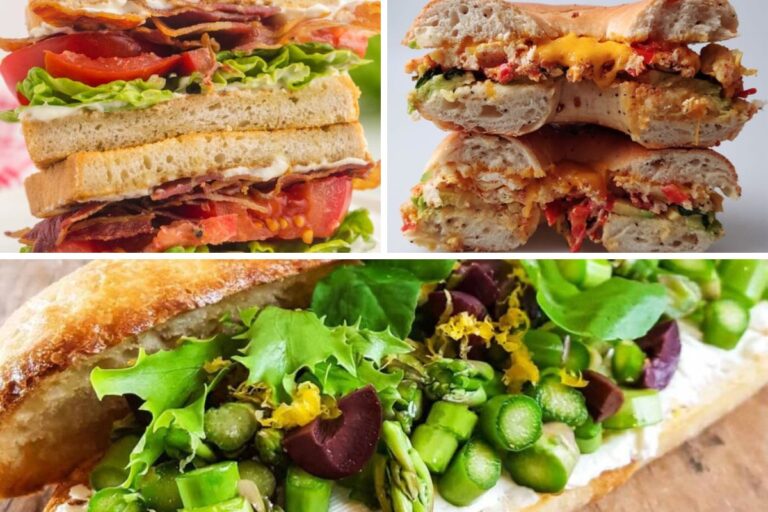14 Everyday Foods Hit by Shrinkflation That Aren’t Worth the Price
Shrinkflation is the sneaky way companies give you less while charging the same—or more. It’s frustrating to open a package and realize it’s smaller than it used to be, even though it looks the same. This practice has been affecting food items for years, and shoppers are feeling the pinch.
From snacks to staples, many products are quietly shrinking in size while their prices stay high. These changes often go unnoticed at first, but over time, they leave consumers paying more for less. Here are 14 food items that have fallen victim to shrinkflation and are starting to feel like rip-offs.
Potato Chips
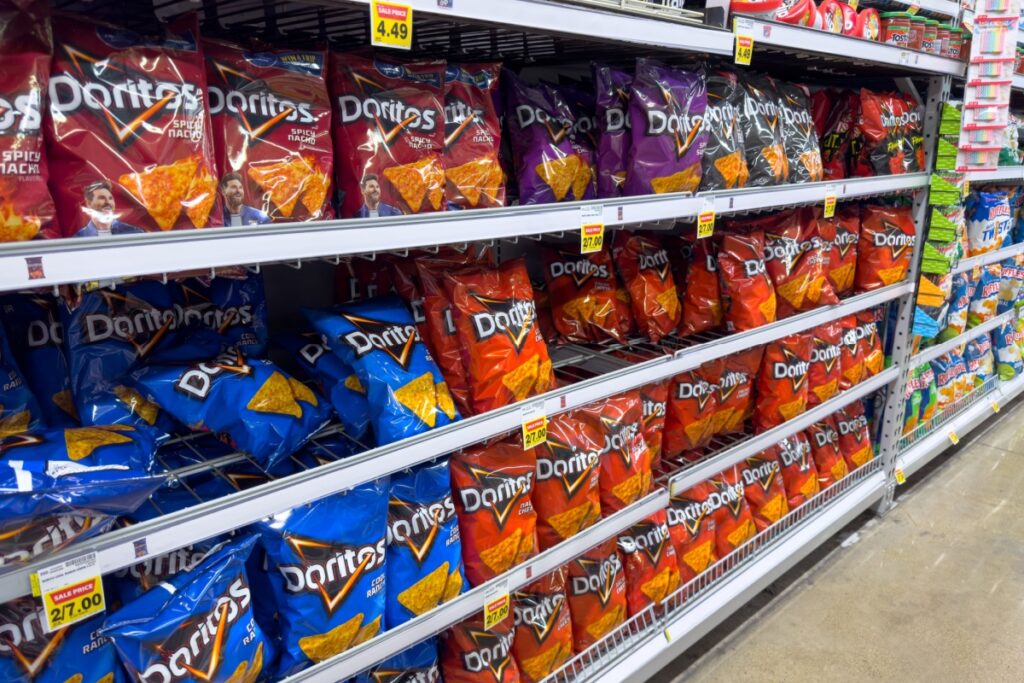
Potato chips are one of the biggest offenders when it comes to shrinkflation. Bags are often filled with more air than chips, leaving you with less than you expect. Some brands have reduced the weight of their packages by as much as 10%, but the price hasn’t budged—or it’s gone up.
It’s not just the quantity that’s shrinking; the chips themselves are often thinner or smaller. This means you’re paying more for less product and a lot of air. If you’re a regular chip buyer, you’ve likely noticed that a single bag doesn’t go as far as it used to. Snack lovers might need to find alternatives to get more bang for their buck.
Chocolate Bars

Chocolate bars have been quietly shrinking for years, with some losing entire rows of squares. Many brands have slimmed down their products by reducing the size of the bar or the weight of the chocolate. Meanwhile, the prices have stayed the same or even increased.
This trend is particularly frustrating for chocolate lovers who feel cheated out of their favorite treat. Some companies justify this by claiming rising production costs, but it doesn’t make the sting any less sharp. If you’ve noticed your favorite chocolate disappearing faster, it’s not just your imagination—it’s shrinkflation.
Breakfast Cereals

Cereal boxes might look the same, but many are hiding a major secret: there’s less cereal inside. Brands have been reducing the weight of their boxes while keeping the packaging size unchanged to avoid alarming consumers. This means you’re paying the same price for fewer bowls of breakfast.
Even worse, some cereals now come with more air gaps between pieces, making the boxes feel even emptier. For families who rely on cereal as a quick breakfast option, this shrinkage adds up fast. Consider switching to bulk options or alternative breakfasts to save money.
Ice Cream

Ice cream containers have been shrinking in size, leaving dessert lovers feeling shortchanged. Many brands have reduced their standard sizes from half-gallon tubs to 1.5 quarts or less. The packaging often looks similar, so consumers don’t notice the difference until they compare labels.
While the price has remained steady—or gone up—the quantity you get has clearly decreased. Some premium brands have even started using more air in their ice cream to make it seem fuller. If you’re an ice cream enthusiast, buying larger tubs or store-brand options might give you more value.
Coffee

Coffee bags are getting lighter, but the prices aren’t going down. Many brands have reduced the standard size of their bags from 16 ounces to 12 ounces or even less. Despite the smaller quantity, the packaging looks nearly identical, so most shoppers don’t notice until it’s too late.
This means you’re getting fewer cups of coffee for the same—or a higher—price. For coffee drinkers who rely on their daily brew, this is a frustrating change. Switching to whole beans and grinding them at home might help you stretch your coffee budget further.
Peanut Butter
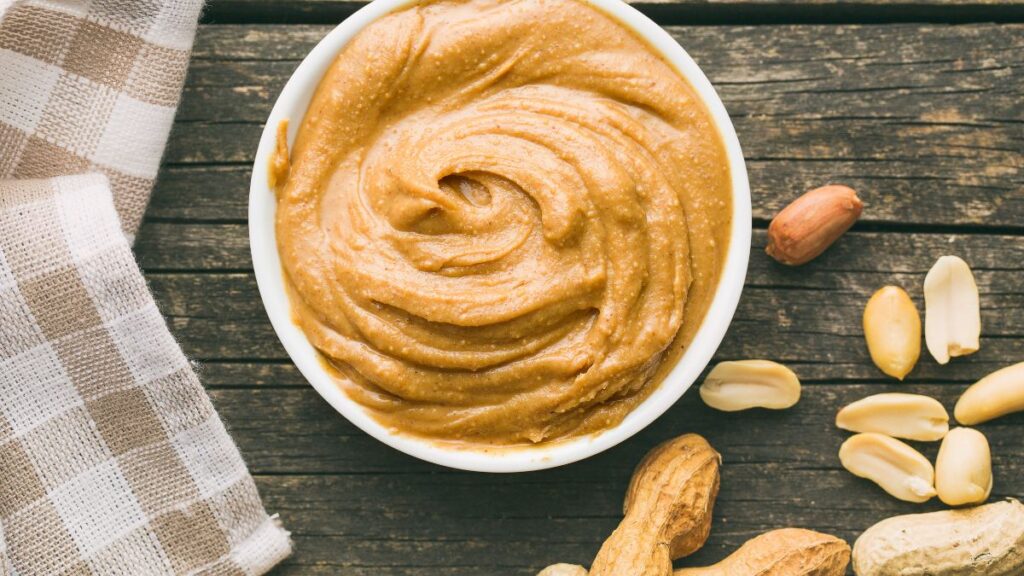
Peanut butter jars may look the same, but many now hold less than they used to. Some brands have started shaping the bottom of the jars differently to reduce the amount of product while maintaining the illusion of a full container. This means you’re paying the same price for fewer sandwiches or snacks.
Peanut butter is a pantry staple for many households, making this shrinkage especially noticeable. To get more value, consider buying in bulk or looking for store-brand alternatives. Keep an eye on the net weight to ensure you’re not overpaying for less product.
Cheese Blocks and Shreds

Cheese blocks and shredded cheese bags have quietly shrunk in size while prices have gone up. Many brands now sell 7-ounce blocks or bags instead of the traditional 8-ounce sizes. This change might seem small, but it adds up, especially for households that use cheese regularly in cooking.
The packaging often looks similar, so it’s easy to miss the difference unless you compare closely. Some consumers have even reported thinner slices or fewer shreds per bag. Buying cheese in bulk or slicing your own can help stretch your budget further.
Bread Loaves
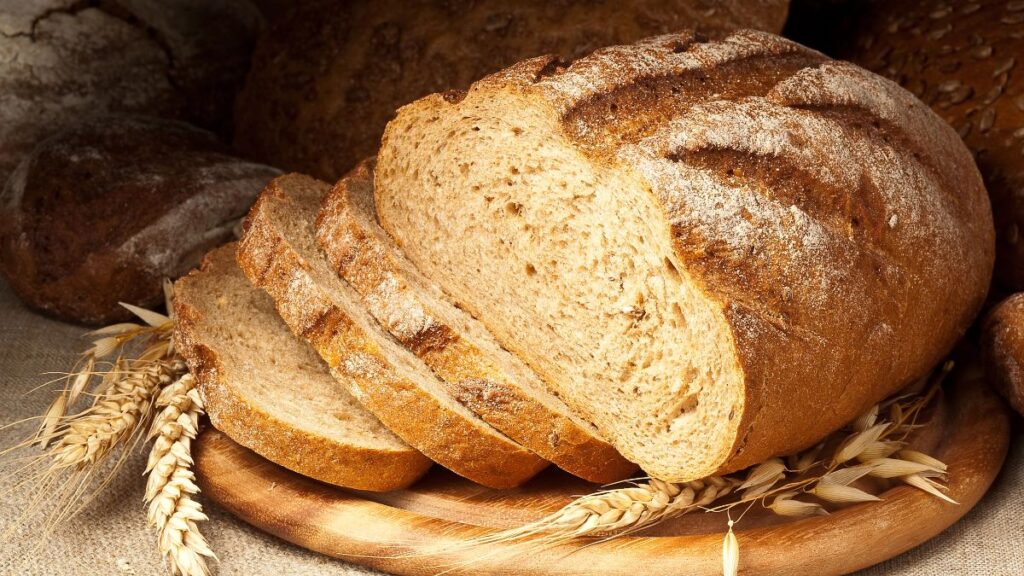
Bread loaves have been getting smaller, with some brands reducing the size of each slice or the overall loaf. This change means fewer sandwiches and more frequent trips to the store for families. Despite the smaller loaves, the prices remain the same or even increase.
Specialty breads like sourdough and artisan varieties are often hit hardest, with noticeable size reductions. If you rely on bread as a staple, these changes can feel like a real letdown. Consider baking your own bread or looking for deals at bakeries to save money.
Yogurt Cups

Yogurt cups have been shrinking in size, with many brands reducing their containers from 6 ounces to 5 ounces or less. Despite the smaller portions, prices have stayed steady or increased, making yogurt feel less like a value purchase. This change is particularly frustrating for those who rely on yogurt as a convenient snack or breakfast option.
Some brands have even increased the sugar content to make up for the smaller size, which can be disappointing for health-conscious consumers. Buying larger tubs of yogurt and portioning them yourself might be a better deal.
Granola Bars

Granola bars are another snack hit hard by shrinkflation, with bars becoming thinner and shorter over time. While the packaging often stays the same, the actual product inside has noticeably less substance. This change is frustrating for consumers who rely on granola bars as a quick, portable snack.
Many brands have also started including more fillers or reducing the number of bars per box. To avoid feeling ripped off, consider making your own granola bars at home. Not only will you save money, but you’ll also have more control over the ingredients.
Soup Cans

Canned soups are quietly shrinking in size, with many brands reducing their standard cans from 18 ounces to 15 ounces or less. This change might not seem significant at first, but it means fewer servings per can. Despite the smaller portions, the prices remain steady or even increase.
This is particularly frustrating for families who rely on soup as an easy and affordable meal option. Look for store-brand alternatives or consider making your own soups in bulk to save money.
Bottled Juices

Bottled juices have been shrinking, with some brands reducing their standard sizes from 64 ounces to 59 ounces or less. While the packaging often looks similar, the smaller quantity means you’re getting fewer servings for the same price.
This change is particularly noticeable for families who buy juice regularly for breakfast or snacks. To get more value, consider buying juice concentrates or making your own fresh juice at home.
Crackers

Crackers have been quietly reduced in size, with smaller individual crackers and fewer crackers per box. Despite these changes, the prices remain steady or increase, making them feel like less of a value.
Some brands have even started using thinner packaging to disguise the smaller portions. If you’re a regular cracker buyer, consider looking for bulk options or store-brand alternatives to get more for your money.
Candy Bags
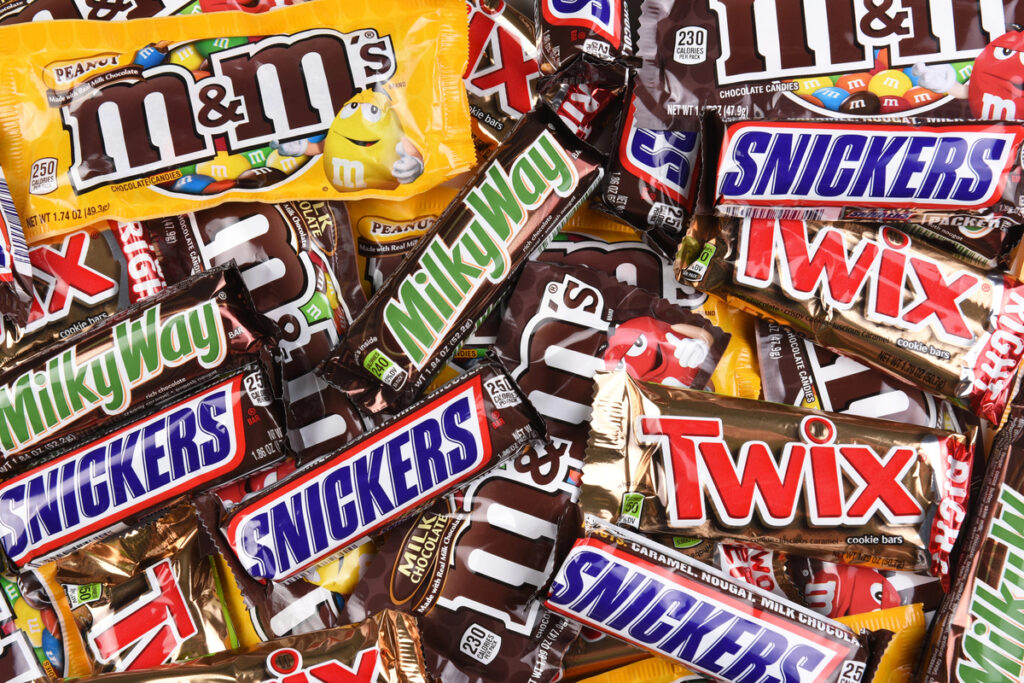
Candy bags have been shrinking, with many brands reducing the weight of their packages while keeping the price the same. This is especially noticeable during holidays when seasonal candy often comes in smaller sizes.
Despite the reduced quantity, the packaging remains colorful and festive, tricking consumers into thinking they’re getting the same amount. To avoid feeling shortchanged, consider buying candy in bulk or opting for homemade treats instead.
15 Grocery Items to Stock Up On Before Winter Price Hikes

As winter draws near, temperatures rise, as do grocery prices. The colder months often bring higher food costs due to increased demand, supply chain challenges, and seasonal shortages. To avoid the shock of winter price hikes, stock up on certain pantry staples and essential items.
15 Grocery Items to Stock Up On Before Winter Price Hikes
15 Budget-Friendly Foods to Stretch Your Paycheck

Living paycheck to paycheck can be challenging, especially when it comes to affording nutritious food on a tight budget. However, many affordable and nutrient-rich foods can help stretch your dollars without sacrificing your health.




